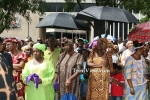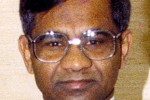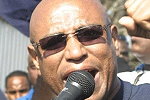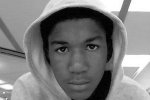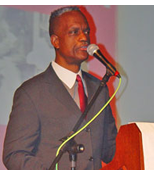By Dr. Selwyn R. Cudjoe
November 24, 2013
No one, again with the exception of the extinct Carib people, and perhaps the Spanish people can claim to be ‘natives’ of the island. All peoples were newcomers to Trinidad, and all were immigrants. The immigrant nature of the society of Trinidad needs to be recognized for what it was and what it is. (537)
GeradTikasingh, Trinidad During the 19th Century
 Gerad Tikasingh has written an interesting book, Trinidad During the 19th Century: The Indian Experience, an extension of his doctoral thesis, “The Establishment of Indians in Trinidad, 1870,” that he completed at UWI, St Augustine, Trinidad in 1973. Although his book is filled with facts, it is marred by an ideological orientation (one may say Indo-centric perspective) and a negative rendering of the African experience in the country. This book continues an argument made by other Indo-Caribbean scholars that suggests that the dominance of an Afro-centric ethos (which Tikasingh calls a “black bias”) has “tended to downplay, if not obscure the parallel Indo-Caribbean experience of indentureship and its contributions to Guyanese and Trinidadian culture in particular” (see Frank Birbalsingh, Indo Caribbean Resistance, 1993).
Gerad Tikasingh has written an interesting book, Trinidad During the 19th Century: The Indian Experience, an extension of his doctoral thesis, “The Establishment of Indians in Trinidad, 1870,” that he completed at UWI, St Augustine, Trinidad in 1973. Although his book is filled with facts, it is marred by an ideological orientation (one may say Indo-centric perspective) and a negative rendering of the African experience in the country. This book continues an argument made by other Indo-Caribbean scholars that suggests that the dominance of an Afro-centric ethos (which Tikasingh calls a “black bias”) has “tended to downplay, if not obscure the parallel Indo-Caribbean experience of indentureship and its contributions to Guyanese and Trinidadian culture in particular” (see Frank Birbalsingh, Indo Caribbean Resistance, 1993).
Continue reading The Indian Experience in Trinidad, or The Triumph of Ideology Over Scholarship

